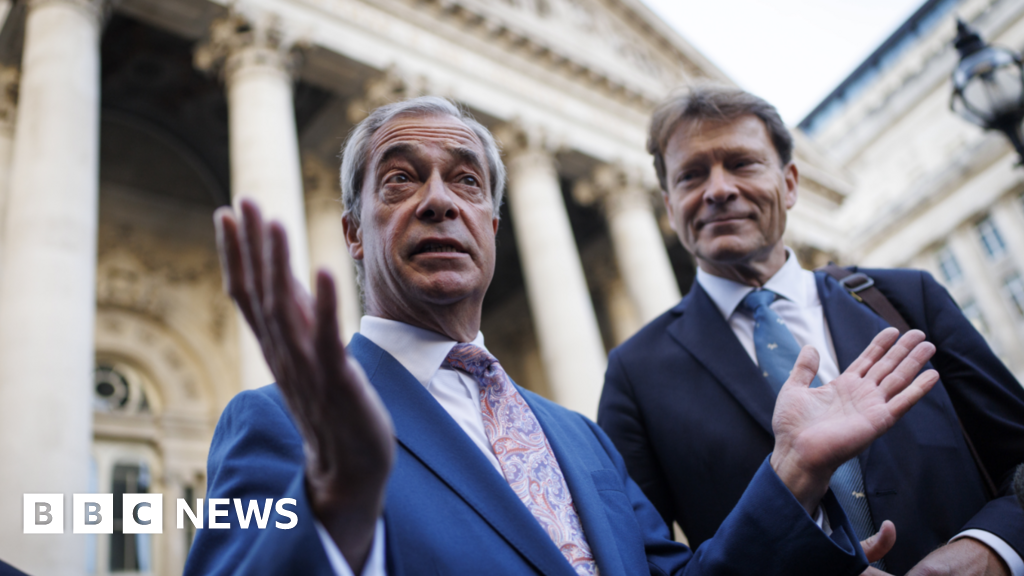
"The Bank began its quantitative tightening programme in 2022, unwinding the emergency support it brought in after the 2008 financial crisis. That earlier process, known as quantitative easing, saw the Bank electronically create billions of pounds to buy UK government bonds, a form of debt, in a bid to prop up the UK economy by keeping market interest rates low. The Bank subsequently launched new rounds of QE after the eurozone debt crisis, the Brexit referendum and the coronavirus pandemic."
"The Bank is now in the process of selling these bonds for less than it paid for them, with losses being picked up by the Treasury under a deal agreed in 2009. Reform has criticised the process, with Tice branding it a "systemic misuse of taxpayers' money" in a letter to Bailey in June. He also blamed it for increasing the costs of long-term government debt, which recently rose to a 27-year high."
Nigel Farage and Reform UK representatives met Bank of England governor Andrew Bailey to call for an immediate halt to the Bank's bond-selling programme, known as quantitative tightening. They claim the programme saddles taxpayers with billions of pounds in losses and raises long-term government borrowing costs. Reform's deputy leader Richard Tice warned that the multibillion cost affects taxation and urged MPs to debate the policy despite concerns about bank independence. The pair also asked the Bank to relax its approach to cryptocurrencies, arguing current regulation holds back innovation. The Bank began unwinding earlier quantitative easing programmes in 2022, selling bonds at losses covered by the Treasury.
Read at www.bbc.com
Unable to calculate read time
Collection
[
|
...
]